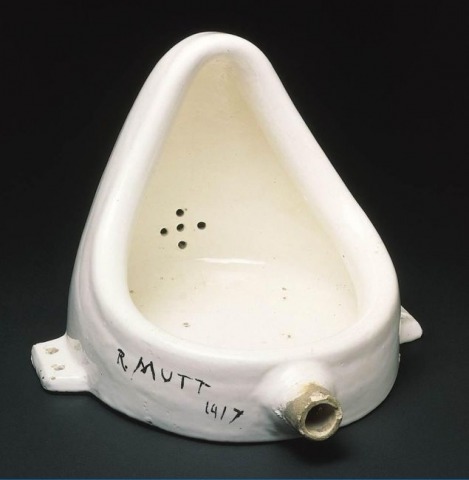




Gentle Readers,
As some of you know, the website has a few glitches, which are undergoing repair. In the meantime, here are some things you need to know to make your time at the site more pleasant.
1. Don’t use the URL https://undergroundthomist.com.


Conference on “Christianity and the Common Good,” Thomistic Institute, held at Harvard Law School, Cambridge, Massachusetts, October, 2018.

In studying Old Testament law, I am repeatedly struck by the fact that often what seems weird and obsolescent is not only realistic but very up to date. Deuteronomy commands the Hebrew people as follows:

Conference on “Patriarchy: Fatherhood and the Restoration of Culture,” Fellowship of St. James, Trinity International University, Deerfield, Illinois, October, 2018


Your blog site seems to be having problems. I am missing one of my better sources of sanity.